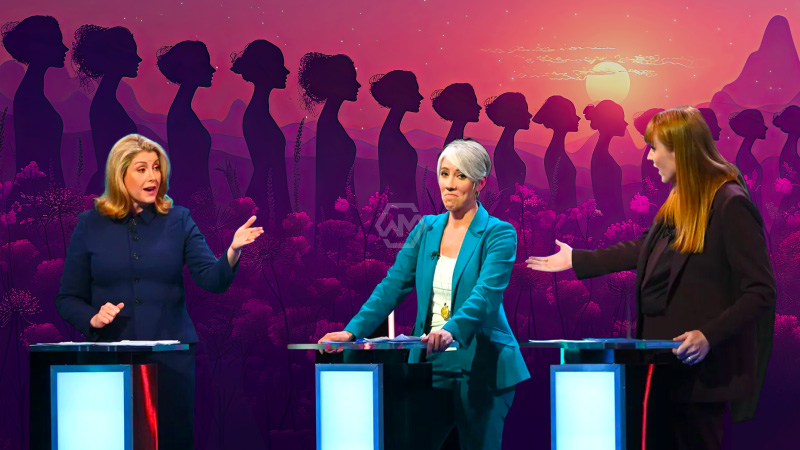- Increasing online harassment targets female election candidates.
- Abuse includes hate speech, disinformation, and personal threats.
- Growing safety concerns deter women from participating in politics.
Abuse and harassment of female UK election candidates have reached alarming levels, particularly online. Hate speech, disinformation, and malicious complaints have become common, creating significant personal and professional challenges.
Research indicates that a substantial number of female candidates face abuse, with many avoiding solo campaigning due to safety concerns. This growing issue undermines democratic participation and discourages women from running for office.
Rising Harassment Threatens Female Political Participation in the UK
Online abuse towards female candidates has surged, with many experiencing hate speech and targeted attacks. The necessity of social media presence for effective campaigning exacerbates this issue, leaving candidates vulnerable to immediate and pervasive harassment.
Personal safety has become a major concern, with candidates receiving threats and malicious comments about their families and personal lives. This constant pressure leads to anxiety and reluctance to continue in their political roles.
Christine Wallace, a Conservative candidate, shared her ordeal of receiving thousands of abusive comments online. Despite having a team to manage these comments, the experience was more severe compared to her male colleagues.
The Electoral Commission’s research revealed that a significant portion of candidates, especially women, experienced abuse and intimidation. This hostile environment is a deterrent for potential female candidates, weakening the democratic process.
Addressing the increasing abuse of female election candidates is crucial for maintaining a healthy democracy. Implementing robust support systems and protective measures can help ensure women’s active participation in politics without fear of harassment.
“Abuse is now an inevitable part of public life, especially for women,” said Claire Reynolds, director of Labour Women’s Network.



